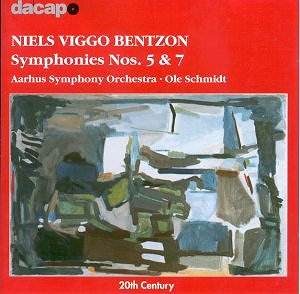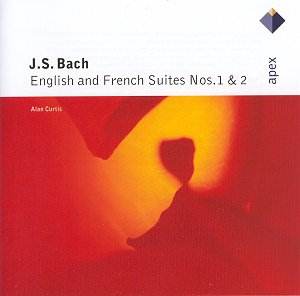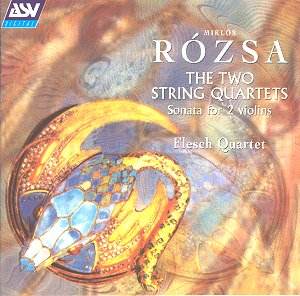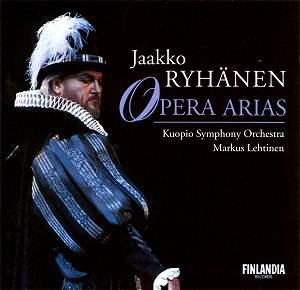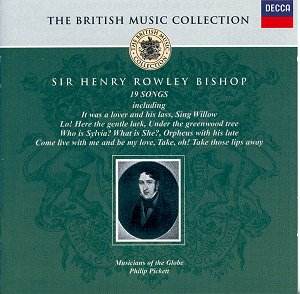 Composer: Henry Bishop
Composer: Henry Bishop
Works: Lo! Hear the gentle lark, Welcome to this place, Should he upbraid, Who is Sylvia?, That time of year, When that I was a little tiny boy, Come live with me and be my love, Hark, hark, each Spartan hound, Oh! Never say that I was false of heart, Who is Sylvia (2), Sing Willow, It was a lover and his lass, Under the greenwood tree, Take oh! Take those lips away, Flower of this purple dye, Now the hungry lions roar, Orpheus with his lute, Come, thou monarch of the vine, Spirits advance
Performers: Jeanette Ager, Joseph Cornwell, Simon Davies, Rachel Elliott, Julia Gooding, Simon Grant, Susan Gritton, Helen Groves, Andrew King, Joanne Lunn, Andrew Murgatroyd, William Purefoy, Christopher Robson, Mark Tucker, Roderick Williams, Musicians of the Globe/Philip Pickett
Recording: All Saints, Tooting, London, September 1996
Label: DECCA 470 381-2 [67.09]
Henry Bishop, a pivotal figure of the early 19th century British musical landscape, is often overshadowed by his more illustrious contemporaries. His extensive work with Shakespearean texts, including the collection presented in this recording, showcases a composer who deftly navigated the intersection of operatic flair and English lyricism. This collection, originally titled Shakespeare at Covent Garden, serves not only as a testament to Bishop’s artistic endeavors but also as an exploration of an era rich in theatrical tradition. The re-release under a more authoritative guise reflects Bishop’s enduring legacy, one that warrants a fresh appraisal in the modern concert repertoire.
The performances, led by the Musicians of the Globe under Philip Pickett’s insightful direction, reveal the inherent charm and intricacies of Bishop’s music. Susan Gritton and Julia Gooding shine in their roles, with Gritton’s interpretation of “Lo! Hear the gentle lark” particularly notable for its tasteful embellishments and mastery of dynamics. The clarity and precision of her runs, coupled with an innate understanding of the piece’s lyrical subtleties, elevate the performance beyond mere execution. Gooding’s contributions, especially in pieces like “It was a lover and his lass,” display a remarkable agility and expressiveness that highlight the operatic undercurrents within Bishop’s work.
Bishop’s propensity for integrating pre-existing musical material into his compositions demonstrates both a creative boldness and a certain quirkiness that can be disarming. The use of earlier English musical idioms, such as in “Who is Sylvia?” where the opening is marked by a grand maestoso, enriches the texture and depth of the performance. However, the challenges of his vocal lines, particularly evident in “Should he upbraid,” where the demands placed on the singer can lead to awkward phrasing, are deftly managed by Gritton. The interpretive choices made by the performers often navigate the fine line between honoring Bishop’s original intent and infusing contemporary sensibilities.
Sound quality and engineering are of paramount importance in this recording, and the spacious acoustics of All Saints Church in Tooting provide a warm yet clear backdrop for the ensemble. The balance between soloists and orchestral accompaniment is masterfully handled, allowing the intricate interplay between instruments, such as the rustic flute in “Under the greenwood tree,” to resonate beautifully without overshadowing the vocal lines. The orchestration throughout the recording, especially in “Now the hungry lions roar,” exhibits a vibrant color palette that captures the listener’s attention.
This collection of Bishop’s work, with its eclectic mix of Shakespearean themes and English pastoral charm, stands as a compelling entry point into the composer’s oeuvre. The performers not only embody the spirit of Bishop’s intentions but also breathe new life into these lesser-known gems. As the final chords of “Orpheus with his lute” linger in the air, one is left with a sense of having rediscovered a fascinating chapter of British musical history. The album successfully balances historical authenticity with a modern sensibility, making it an enjoyable listening experience that reveals the often-overlooked brilliance of Henry Bishop.
